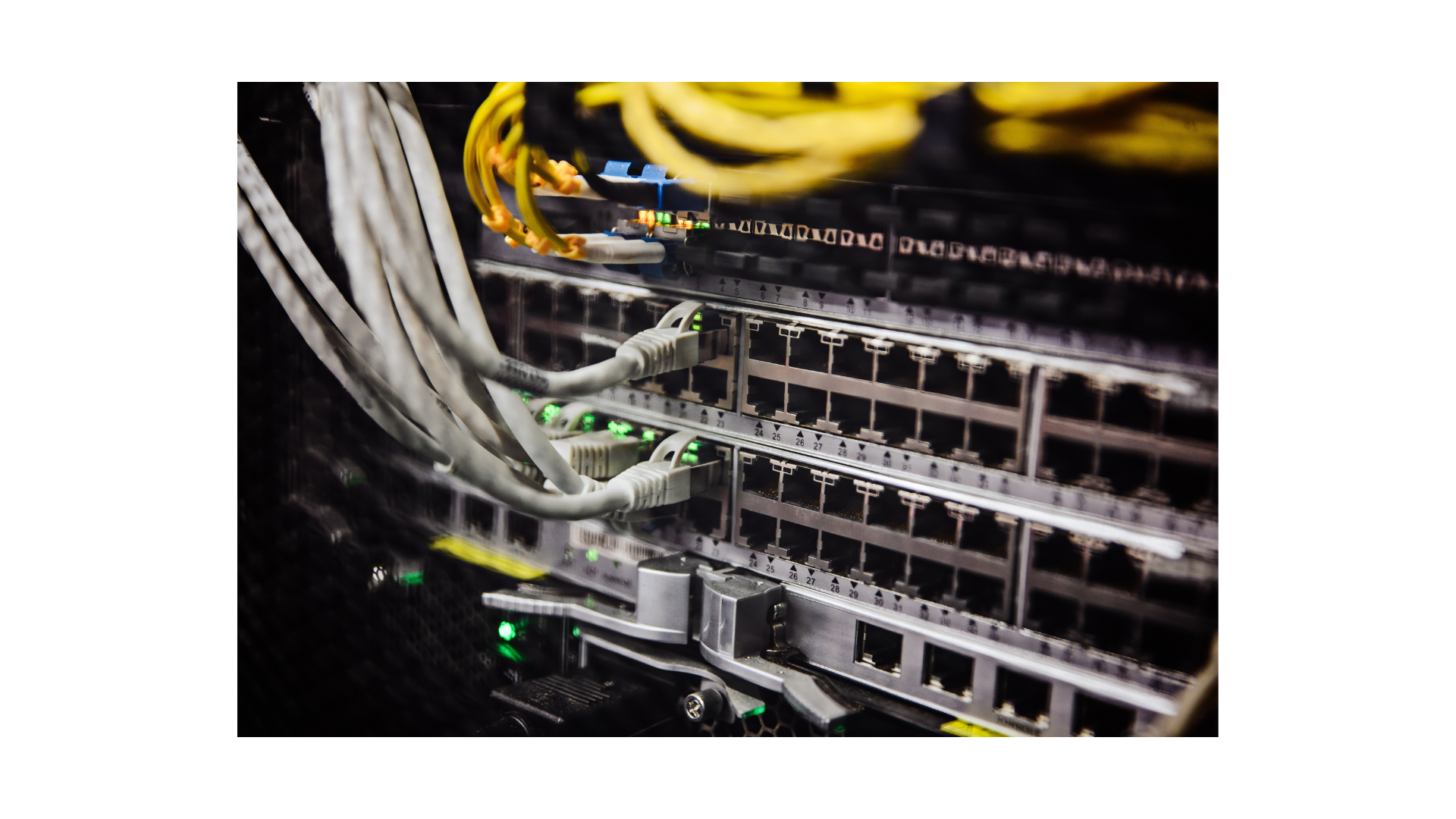Interview: Dayanara
Doesn’t an out-of-court requirement to providers by the prosecution subvert the judicial hierarchy?
No, however, the Public Prosecution Office may only request the freezing of connection records to providers on a provisional remedy basis.
This information includes the start and end date and time of an internet connection, its duration and the IP address used by the terminal to send and receive data packets, as authorized by Article 13, Paragraphs 2 and 3, of the Brazilian Civil Rights Framework for the Internet. It is important to note that these records are not to be confused with telematic content.
The access or continuity of the freezing of information depends on a request addressed to the court system, within 60 days, counted from the first request to internet provider.
What implications can this permission have? Does it harm any of the defendant’s rights?
The extrajudicial request for freezing direct telematic material to internet providers, without judicial authorization, would remove from its legitimate owner the right to dispose of the content of their data for any purpose, and may harm the right to communication, freedom of thought and expression and privacy, as well as the limits of the legislation for general protection of personal data, provided for in the Brazilian Civil Rights Framework for the Internet. This was even the understanding of STF (Federal Supreme Court) in 2022.
In the trial of HC No. 222.141/PR, Justice Ricardo Lewandowski declared null evidence obtained from the storage, without prior judicial authorization, of the content of electronic accounts that concerned registration information, location history and searches, content of emails, messages, and hangouts, photos and names of contacts.
Available at: https://www.conjur.com.br/2023-ago-26/limites-congelamento-dados-decisao-desafiam-judiciario
Autor: Dayanara Araujo Ascurra • email: dayanara.ascurra@ernestoborges.com.br

